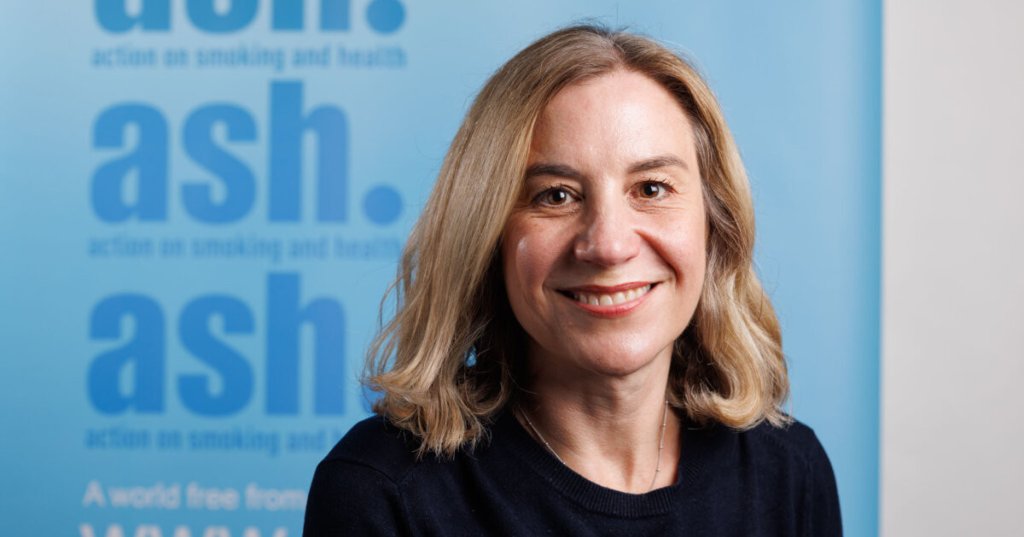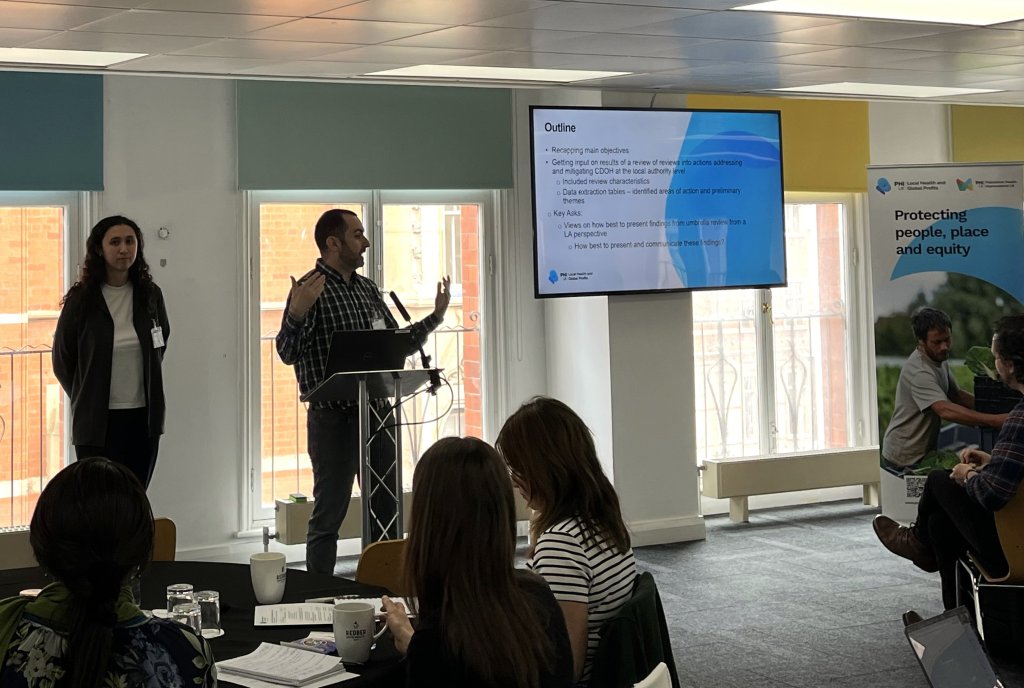Professor Anna Gilmore and her research on the Commercial Determinants of Health have been profiled in El País, the most-read online Spanish newspaper.
Journalist Jessica Mouzo's interview spotlights Professor Gilmore’s decades-long research into the impact of global corporate products and practices on public health. A world-leading authority on the Commercial Determinants of Health (CDoH), Professor Gilmore was the lead author of a landmark 2023 Paper that defined and conceptualised CDoH, offering a framework to understand their influence on health and health outcomes. She continues to advance this critical field as Directors of the Local Health and Global Profits research consortium and Co-Director of the Centre for 21st Century Public Health at the University of Bath.
In this interview, Professor Gilmore explains how industries that produce and promote harmful products, such as tobacco, fast food, fossil fuel, alcohol, and gambling, employ manipulative scientific practices to obscure their true health risks, and actively work to shape public policy to protect their interests and undermine effective public health measures.
Professor Gilmore spoke with El País while she was in Barcelona, participating in a conference on the Eco-Social Determinants of Health Inequities organised by the Johns Hopkins University - Universitat Pompeu Fabra Public Policy Center at Pompeu Fabra University. Professor Gilmore spoke on a panel examining innovative strategies for addressing health inequities through intersectoral collaboration and ran a workshop on the commercial determinants of health.
With permission from El País, we have included below some extracts from the interview.
“The simplest way to see this is to look at the magnitude of the damage caused by four products: tobacco, fossil fuels, alcohol, and food,” she lists. “We estimate that these four products alone cause between one-third and two-thirds of all global deaths.”
Q. It feels like these companies control the world.
“They have a lot of power. They fund much more science than the public sector. They can create and fund these third parties, including charities, so their power and influence are everywhere. The people who sit on their boards are connected; there's a kind of elite, so to speak, that's able to influence at many levels, often behind the scenes. The rest of us are like puppets they control: they influence us to buy their products, share their beliefs, and blame us for the harm they cause.”
“I think it's very important to step back and think about this broader framework of commercial determinants: tobacco companies can continue to harm and deceive us because the system hasn't changed. They continue to make huge profits and can still fund the science and data that mislead and get it published in medical journals; they still have access to governments… We need a new approach because our current system of capitalism isn't working in the public interest. We need to restructure our economic model.”
“I am hopeful, and I believe the best solution is to move toward a different economic model. The world is realising that we cannot maintain capitalism as it is. Look at the planet, global warming, biodiversity loss, increasing inequalities, poverty, health problems, and the fact that between one-third and two-thirds of all deaths are due to just four corporate products. Governments will have to realise that they are allowing corporations to cause this damage, but they are not bearing the costs. People are getting sick; the environment is being destroyed. Who is footing the bill? You, me, the governments. Corporations are making ever-increasing profits, and then they are using those profits to influence and control. We have a pathological system. Governments need to wake up. It is unsustainable.”
For more information, read the English language version of the full article.





